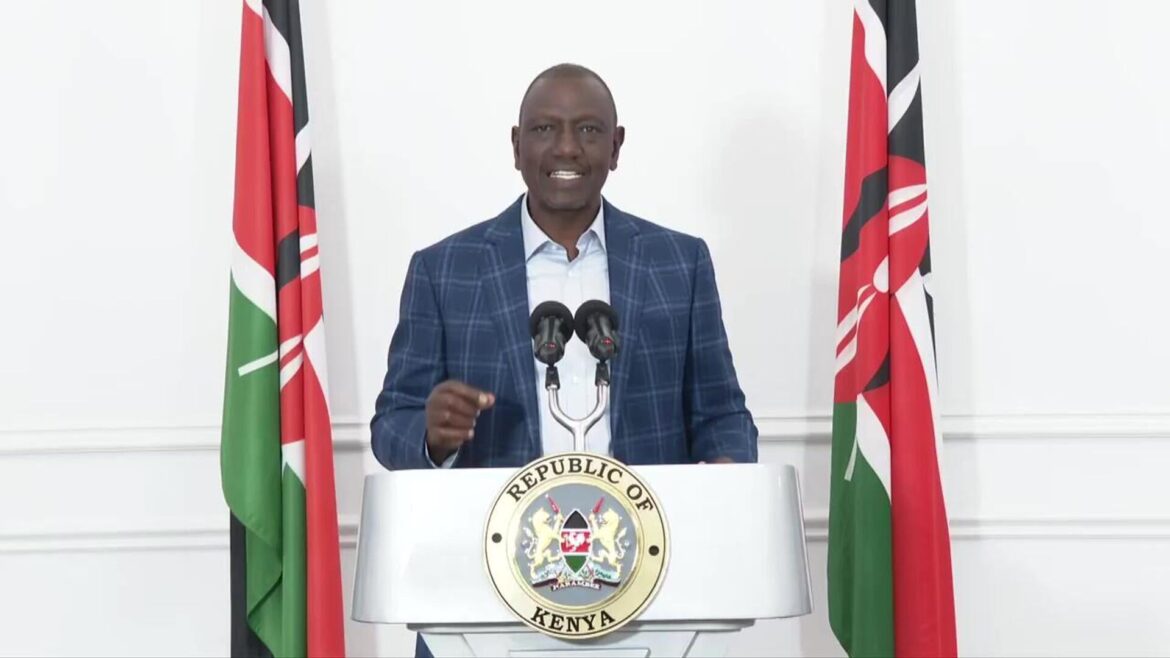By Desmond Nleya
The recent escalation of conflict in Goma, located in the eastern Democratic Republic of Congo (DRC), has not only intensified regional instability but also strained diplomatic relations among African nations, notably between South Africa and Rwanda.
The resurgence of the M23 rebel group, which has seized control of Goma, has led to significant territorial gains and a humanitarian crisis, with over 400,000 people displaced this year alone.
South Africa, leading a peacekeeping mission under the Southern African Development Community (SADC), has faced severe challenges in its efforts to stabilize the region.
The death of 14 South African soldiers during clashes with M23 rebels has heightened tensions between South Africa and Rwanda. South African officials have accused Rwanda of supporting the M23 rebels, a claim that Rwandan President Paul Kagame denies. In response to the attacks, South Africa has warned Rwanda that further assaults on its peacekeeping forces would be considered a “declaration of war.”
The situation is further complicated by diplomatic friction within the African continent. Rwanda has expressed frustration over SADC’s deployment of troops in the DRC without prior consultation with Kigali. President Kagame highlighted that when Rwanda deployed troops to Mozambique in 2021, it engaged with SADC and South Africa beforehand, a courtesy he feels was not reciprocated in the current DRC mission.
Amid these tensions, Kenyan President William Ruto has faced criticism from regional actors for his approach to the crisis. Instead of seeking an African-led solution, President Ruto has called out France for its involvement in the region. Critics argue that this externalizes the issue and undermines African unity and the capacity to address continental challenges independently.
The complex dynamics in the DRC, involving internal conflicts and external diplomatic disputes, underscore the need for cohesive regional strategies.
As the situation in Goma remains dire, with ongoing violence and humanitarian concerns, it is imperative for African nations to collaborate effectively, prioritize dialogue, and seek sustainable solutions that reinforce regional stability and self-reliance.


